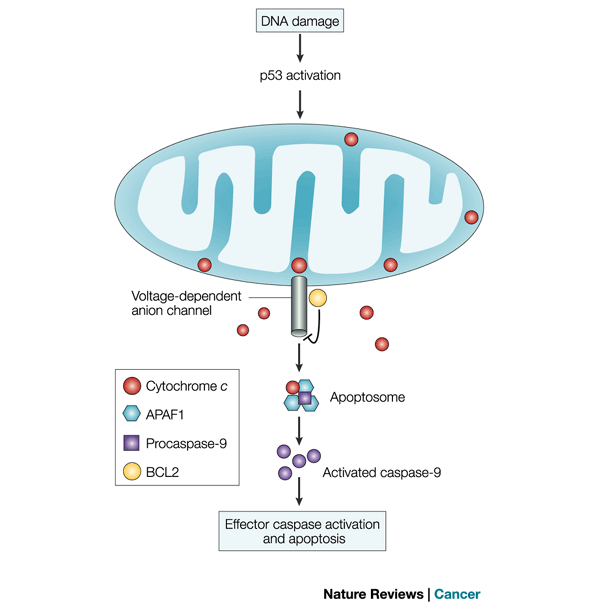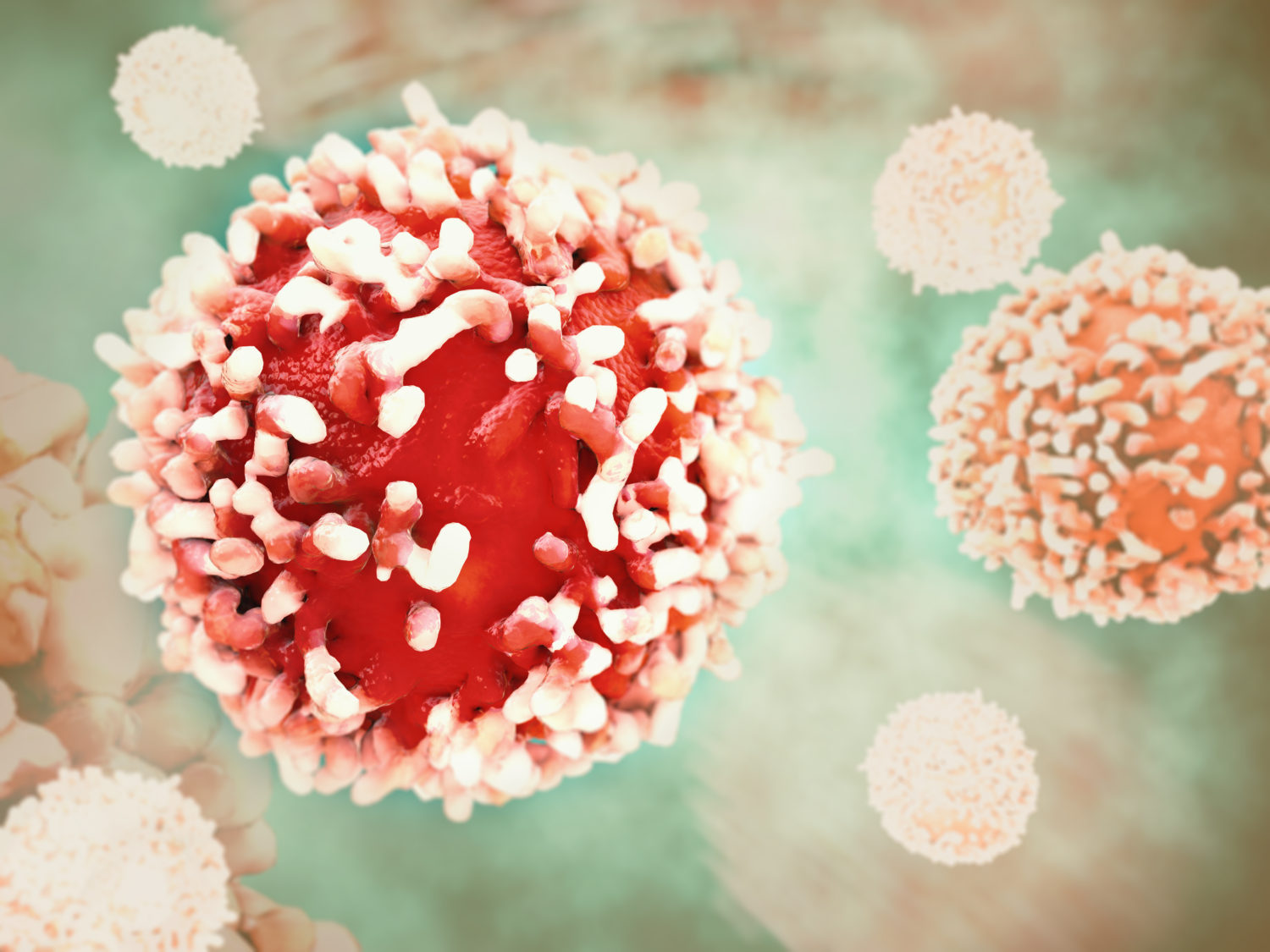By: Abdul Rehman Mohammad
The use of cannabis preparations for the treatment of various cancer types has become very commonplace, particularly for their ability to alleviate pain and nausea. Numerous patient reports have suggested that chemotherapy is much more manageable when it is complemented with a cannabis based medicine. Cannabis does wonders in the eradication of side effects which are coupled with chemotherapy, most notably nausea and cachexia. There is proven clinical efficacy reported for the use of cannabinoids for both nausea and cachexia. These side effects cause a great deal of psychological stress, leading to detriment to the patient’s health.
The insight into the cancer fighting properties of cannabis derived compounds, particularly the cannabinoids, stems from various anecdotes which have reported miraculous results from the usage of a cannabis derived preparation. One example, was the significant reduction in the blast cell count with treatment from a cannabis extract – reported in a 14-year old female diagnosed with an aggressive form of acute lymphoblastic leukemia. The cannabis extract was the last treatment option considered; as a bone marrow transplant, aggressive chemotherapy and radiation therapy were unsuccessful in regressing the cancer.
In another case, a 15-year-old girl turned to cannabis oil treatment for Hodgkin’s Lymphoma, opting it over surgery. A highly concentrated cannabis oil was injected into the body three times a day, for thirteen consecutive weeks, which completely eradicated the tumour in the neck. If surgery were chosen, the likelihood of an impaired quality of life, would have risen.
Even in the convoluted world of medical research, the anti-cancer properties of cannabinoids have been known for a while. The first indication of the anti-cancer properties of cannabinoid was in in 1975, where experiments were conducted on an in vivo disease model of Lewis lung adenocarcinoma. Delta9-tetrahydrocannabinol (THC) and cannabinol (CBN), significantly reduced the size of primary tumors in the disease model. A year later, cannabinoids showed a dose-dependent inhibition of DNA synthesis in an in vitro model of lung cancer.
Endocannabinoid system and cancer
The endocannabinoid system has shown to have a key role in the cell cycle regulation of cancerous cells, as well as normal cells in general. Activation of either CB1 or CB2 receptors has shown to trigger the ceramide-ERK signalling pathway – to promote programmed cell death or apoptosis. Activation of the two cannabinoid receptors has also shown to inhibit adenylyl cyclase (AC) activity and cause the down-regulation of gene transcription. The MAPK/ERK pathway is often misregulated in many cancers, leading to the uncontrolled proliferation of cells. Targeting the MAPK/ERK is a common strategy in anti-cancer drug design. An example is Vemurafenib (Daiichi-Sankyo), a drug which interrupts the MAPK/ERK pathway to cause apoptosis. It was approved for the treatment of late stage melanomas in 2011.
The activation of the CB2 receptor has shown to cause the down regulation of matrix remodelling enzymes (MMP-2 and MMP-9), consequently playing a role in decreasing angiogenesis. Angiogenesis (formation of new blood vessels) is vital for the development of tumors.
Aside from the cannabinoid receptors, activation of the transient receptor potential cation channel V1 (TRPV1) receptor also showed to increase the intracellular levels of both hydrogen peroxide (H2O2) and calcium, therefore causing the release of cytochrome c from the mitochondria. These cellular actions caused apoptosis in the cancer cells. The release of cytochrome c is an intrinsic mechanism present in cells, which is triggered when there is DNA damage. The cell is instructed to die through this mechanism, consequently removing DNA damaged cells before they can proliferate.

Release of cytochrome c from the mitochondria, an intrinsic apoptotic mechanism in the cell.
From results, drawn from receptor and cell signalling studies – performed on the endocannabinoid system, it undoubtedly presents a key target for the treatment of cancer. In the next article of this series, an in-depth analysis of apoptosis mechanisms of cannabinoids in various cancer types will be explored. However, it is important not to generalise cancer, as different cancer types have varying pathophysiological (how the disease develops) steps. As a result, cancer treatments must be personalised to the patient, and cancer type to have the greatest effect.
***Permission of article use granted from UTT BioPharma

